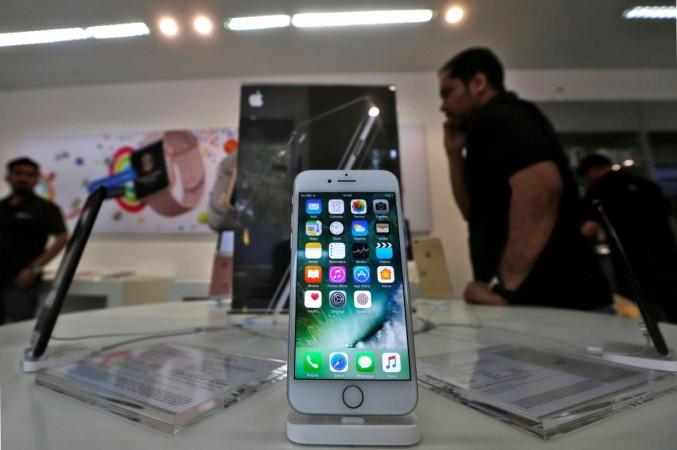
Taiwan Semiconductor Manufacturing Company, also known as TSMC, has begun production of the new Apple A11 chip, which will power the next-generation iPhone 8 later this year, a new report said Thursday.
TSMC has started producing the new processor after it successfully resolved issues with stacking components that had affected production earlier, DigiTimes reported.
According to some previous reports, TSMC wanted to begin A11 chip production in April itself, but it was delayed due to issues with yields.
Here's what the DigiTimes report said, based on exclusive information from its sources:
TSMC has begun 10nm chip production for Apple's next-generation iPhone 8 series, the sources said. Production was once affected by issues involving stacking components in the backend integrated fan-out packaging process, but they have already been solved, the sources said.
Apple is expected to release three new iPhones in 2017, including the premium iPhone 8 and two upgraded versions of the iPhone 7. Rumour has it that variants of the new A11 chip will power each one of this trio as well as the upcoming iPad editions for of this year, including a new 12.9 inch iPad Pro and a new 10.5-inch iPad Pro.
The existing 64-bit A10 series chip is manufactured using 16nm process. Therefore, assuming that the new A11 chip, based on the 10nm process, will offer significant performance enhancements makes perfect sense.
iPhone 8 featuring an A11 chip is not something unexpected, but it's the chip entering production phase that carries more significance as it suggests that Apple's next flagship smartphone may not be delayed for too long as indicated by some previous reports.
KGI analyst Ming-Chi Kuo also claimed that full-scale production of the iPhone 8 could be delayed till October or November due to serious yield issues related to manufacturing issues with Samsung's OLED panels and difficulties in adding a Touch ID sensor to the phone's display.
As far as the design goes, the iPhone 8 is expected to come with an edge-to-edge display in an attempt to take on the Samsung Galaxy S8. The device could also feature a dual-camera setup with the cameras placed horizontally.












